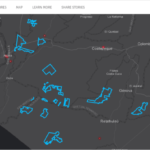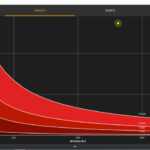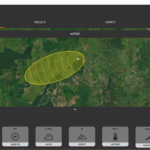SUSTAINABLE TROPICAL OIL
IS A REALITY
AGRO-INDUSTRIAL SUSTAINABILITY OF TROPICAL OIL
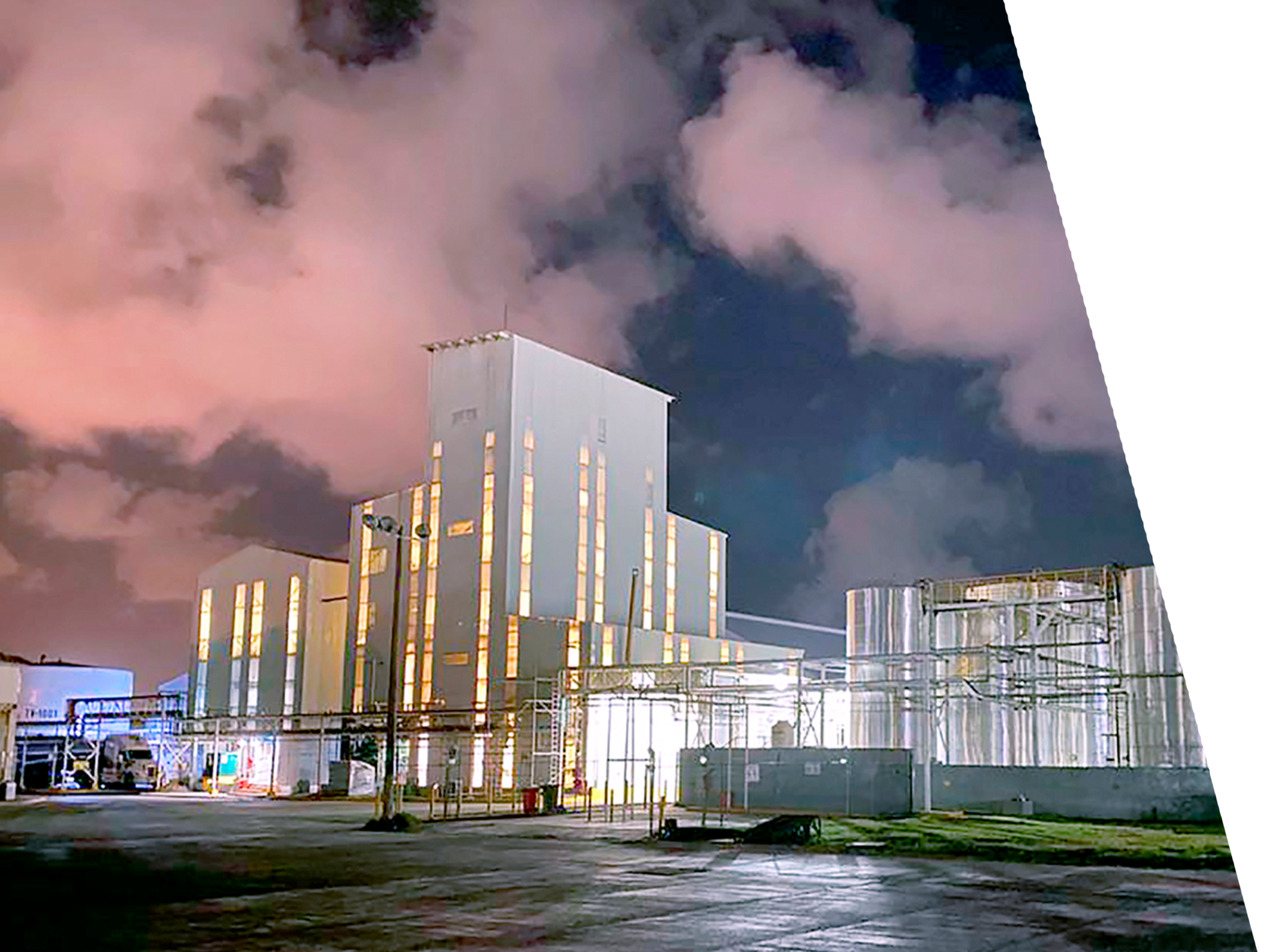
We strive to combine competitiveness and profitability with environmental conservation by delivering a product of the highest quality while promoting dignified employment and ethical conduct with employees and communities in our area of impact.
We are committed to protecting indigenous wildlife and the environment. We conserve water and energy and use eco-friendly materials.

Integrated Pest Management:
We also have an Integrated Pest Management Plan to guarantee healthy plantations. We do not use agro-chemicals, such as Paraquat, Class 1A and 1B Pesticides. Nor do we use the chemicals listed in the Stockholm Convention and the Rotterdam Convention. During 2018 we use agrochemical products in a responsible manner to guarantee optimal production at our production plants.

Soil Optimization:
On oil palm plantations, nutrients are constantly applied to the soil by reincorporating organic matter from the same crop, such as rachis, sludge, kernel, fibre and ash. This practice improves the nutritional content of the soil, to obtain an adequate and sustainable yield.
We acknowledge that we do not have any peat crops and we commit ourselves not to carry out new plantations on peat in the event that they were identified in previous studies. You can see our No Deforestation, No Peat and No Exploitation Policy and our soil maps

Responsible use of water:
We use state-of-the-art agroindustrial irrigation technology to optimize the use of water in our operations. We also promote the collaborative participation of the business sector, government and civil society for its conservation and rational and efficient use. (see our sustainability report).
We are committed to reducing the use of water by 30-35% by 2021, through the various technologies used. We also have the commitment to create “buffer” zones on river banks.
All our oil mills have waste water treatment systems which include the collection methane gas from the ponds for renewable energy generation. This has allowed us to reduce BOD and COD in effluent outlets.
Commitment to improving water quality (BOD and COD): By 2019, we have technical studies of wastewater from each of our operations based on national legislation; Annual monitoring is performed to verify compliance.
Additionally, at the end of the effluent treatment process, water meets legal requirements of the country for use in
agricultural irrigation through spraying. This returns part of the minerals to the crop.
Our commitment based on intensity is to maintain the use of water by 0.51 m3 – 1.13 m3 per tonne of product by 2019; We currently maintain the use of water by 0.99 m3 per tonne of product. See water use intensity report here
Our wastewater system in Palm Oil Mill is a closed circuit, the water is treated through lagoons and biodigesters in an anaerobic process to reduce the organic load and COD and BOD parameters to acceptable levels according to the laws where we operate.
100% of the wastewater from the Tropical Oil Mills is treated and reused for FERTIGATION in our plantations, a process permitted by law. See wastewater procedure here .

Responsible use of Agrochemicals:
We are part of the CampoLimpio project promoted by the private, non-profit Guatemalan organization Agrequima, which advocates for the proper use of fertilizers and other agrochemicals used in fields.
Commitments:
-AgroAmerica is committed to not using agrochemicals such as Paraquat, or World Health Organisation (WHO) Class 1A and 1B pesticides. These commitments also apply to all suppliers
- We do not use chemicals listed in the Stockholm Convention and the Rotterdam Convention either. These commitments also apply to all suppliers, as stated in our supplier's management procedure.
As of 2022 we responsibly use agrochemicals to guarantee optimum production and crop health in our plantations.
We also have an Integrated Pest Management Plan to ensure plant health.
Modal Box Title
A SUSTAINABLE COMMITMENT
A sustainable production of oil allows us to deliver High-quality food and products that meets internationally certified production standards, helping promote environmental, social and economic development.

Worldwide, the fruits of the oil palm are used, as well as the pulp and kernel. Once processed, palm products are used for the agro-food industry (80% worldwide), cosmetic and chemical industries, animal feeding products and, recently, for biodiesel production.

In Guatemala, our sustainable production of tropical oil is aimed entirely at human consumption, thereby promoting food safety. Currently the country does not produce biodiesel for industrial use.

Guatemala ranks first in the world in terms of productivity per hectare, surpassing Malaysia and Indonesia. The shortage of land for sustainable tropical oil cultivation means that we must be very efficient per hectare in order to minimize the social and environmental impact.
Adaptation to Climate Change
We are committed to implementing actions and measures for adaptation to climate change. We performed Climate Risks assessment to identify possible impacts on our operations.
Sustainability Policies
We have sustainability policiesstrategy
in place that promote responsible labor, environmental and social practices.
Likewise, we have a code of ethics based on values and transparency, applicable to our workers, directors, customers and suppliers, to guarantee quality products, and ensure competitive and profitable business, while at the same time supplying products that are ethically produced and delivered, consistent
with market demands.
See our Social Action Plan
Sustainability organization chart
To address the identified sustainability needs,
we have developed an organizational structure responsible for establishing and implementing the
sustainability strategy through Corporate Social Responsibility actions
As of 2020, this is the structure of our Sustainability Organization Chart

Conservation of the mangrove ecosystem
One of our subsidiaries is actively involved in the conservation of the mangrove ecosystem. We are members of Salvemos el Manchón, a civil, private, and public initiative that promotes the preservation and restoration of the Manchón Guamuchal, one of the largest wetlands in the Guatemalan Pacific, a RAMSAR site of vital importance for migratory birds.
Learn more about the initiative and its members here
Carbon Print
As of 2020, we are carbon negative, which means that the equivalent number of tons of carbon dioxide (tCO2e) that are fixed by our operations is greater than the total emissions generated by agricultural and industrial activities, contributing to maintain an environmental balance and mitigate global warming.
Commitment for GHG emission reduction: As of 2022, our principal sources of GHG emissions are wastewater treatment and fertilizers. Our commitment toward 2030 is to reduce at least 43% of GHG emissions from wastewater treatment by capturing methane gas and reduce 10% of the fertilizer GHG emissions by applying empty fruit bunches back in the field as well as Good Agricultural Practices. We will also continue reforesting riparian areas reaching 100% of área recovered by 2030. Also we are committed to be Net Zero to 2050.
During 2020, we measured our carbon footprint through the calculation system established by RSPO (Roundtable on Sustainable Palm Oil). The result has shown that the amount of carbon dioxide equivalent tons fixed by oil palm is greater than the total emissions generated by agricultural and industrial activities.
All unit emissions have varied positively from 2019 to 2020, increasing their neutrality. Review our Carbon Emissions Progress 2020 performed and verified by Green Development.
Enviromental Monitoring
We are committed to sustainable production and environmental conservation, which is why we carry out constant environmental monitoring that allow us to measure the impact of our operations in our area of influence.
Constant monitoring allows us to be aware of the status of natural phenomena that occur around us and the conditions of the surrounding environment.
We have a commitment to “no/zero conversion” that includes all natural ecosystems. See our No deforestation policy.
Flora and Fauna
More than 53 species of flora and more than 76 species of fauna develop and coexist along with our palm oil crops.
Landscape-level approach to biodiversity conservation as a pioneer effort to forge practical multiple-actor NGO, governmental, and private sector partnerships for supporting biodiversity conservation in Guatemala.
We support biodiversity conservation efforts in the Maya Biosphere Reserve, in a project in partnership with Solidaridad and Wildlife Conservation Society (WCS), in which, fire monitoring of the protected area are issues of great importance.
The interpretation of the results has allowed us to maintain and improve our good practices, as well as to plan and implement projects that allow us to operate in harmony with the environment, achieving sustainable production.
Learn more about the objectives we aim to reach
here.
Forest, fire and hotspot monitoring
Using the Global Forest Watch online tool, we have developed a procedure to monitor deforestation rates around our tropical oil fams and mills: Agroaceite, Agrocaribe and AgroPalma de Inversiones S.A., as well as our suppliers farms. This tool gives us a deforestation rate of tree cover loss in each region where we operate.
See our Forest Monitoring Procedure
here.
Agroamerica has developed practices to determine the probability of fire propagation and fire monitoring in our plantations. Through Global Forest Watch Fires, a website that allows online monitoring of the status of hot spots, fires, and forest fires in the vicinity of our operations and our suppliers.
Under the Principles and Criteria (P&C) of the RSPO, producers must carry out assessments of High Conservation Values (HCV) on their land, for new plantations carried out as of November 2005 and for suppliers. As of 2015, AgroAmerica made the commitment for no deforestation and the company follows the New Plantation Processes -NPP- required by RSPO.
The tool sends an alert when it detects deforestation activities or forest fires in the monitored region. It allows us to obtain a report of hectares of forest cover in our area of influence and our suppliers; as stated in RSPO Norm, the "land clearing since November 2005 has not damaged primary forest or any area required to protect or enhance HCVs."
As of 2022 we have not received fire alerts from Global Forest Watch or RSPO Fire watch alerts
Monitoring hot spots and fires
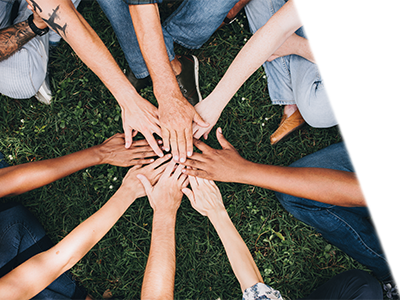
Strategic Alliances
At AgroAmerica we aim to promote the strengthening of national and international alliances by contributing to number 17 of the Sustainable Development Goals, which encourages partnerships between governments, the private sector and civil society.
These strategic partnerships are built on principles and values, a shared vision, and shared goals, which place people and the planet at the center of all productive activities.
CORPORATE SUSTAINABILITY
Learn about the aspects of our corporate sustainability strategy, the integral management process we use to achieve responsible production through our 5 pillars on which we seek to contribute to the common good:
A COMMITMET TO OUR PEOPLE
We commit to respecting the International Labor Organization -ILO- Declaration on Fundamental Principals and rights work, contributing to social development improving quality of life through inclusion, health, education, and decent work.
Occupational Health and Safety
At AgroAmerica we have Occupational Health and Safety policies to be able to offer a safe workplace through preventive practices.
We are committed to ensuring a risk-free workplace, through internal controls to avoid hazards, injuries, risks, or illnesses.
We provide constant training to our workers; so they know how to properly use their work equipment and carry out their work safely and efficiently.
As of 2022, with our Occupational Health and Safety practices in place, we strive to minimize the risks of accidents, injuries, deaths, and illnesses, reporting only one death registered in the last five years as a result of occupational accidents. We have implemented corrective actions to improve risk controls.
We determine work time lost due to health-related issues, the most common illnesses, accidents, and injuries, and allows us to reduce risks, workplace absences and implement corrective and preventive actions in every tropical oil operation. See our 2021-2022 time lost per subsidiary
here.
We ensure that workers are provided with optimal health conditions in their workplace and access to medical services. We have nursing professionals who daily evaluate workers who require it, either for preventive health consultations, first aid and/or common diseases.
Generating jobs for woman
At AgroAmerica, we ensure the participation and empowerment of women, through the generation of employment, so they can grow professionally and bring development to their families and communities.
Our policies focus on the fulfillment of Human Rights; Specifically, our Equality and Non-Discrimination Policy contributes to the implementation and management of an inclusive business culture.
Women who work at the company enjoy full and effective participation and equal opportunities. 21% of the board Members executive committee is made up of women. 21% of the board Members executive committee is made up of women During 2022, 20% of our senior management team are women. In 2022, the company provided decent jobs to 92 women in the executive, administrative, operational, and plant areas of the tropical oil operation in Guatemala, México and Panamá.
In 2022, the ratio earned by women and men is equal to 1, meaning that there is no difference due to gender. There are records of payments to women who work in the company and there is evidence of equal payment to that established in national legislation.
Medical care in the workplace
At AgroAmerica we make sure to we provide our workers the best health conditions in their workplace, as well as access to medical services. We have professional nurses that examine workers who need it, every day, be it for preventive health, first aid and/or common illness reasons.
Lear more about our commitment to our people here.
Gender committee
We have a Gender Committee integrated by female workers representatives who work at the company.
The purpose is to listen to their complaints and improve labor conditions and gender equality. Gender Committee members have received awareness training on company policies, human rights, and women’s rights.
Smallholders Program
We have developed a Smallholders Program in order to share the knowledge acquired in our years of experience.
Our goal is to raise awareness about market requirements and guide Smallholders to comply with the requirements of international standards. The program serves as a guide for independent producers to develop and implement Good Agricultural Practices and management in their operations.
KNOW OUR LATEST NEWS:
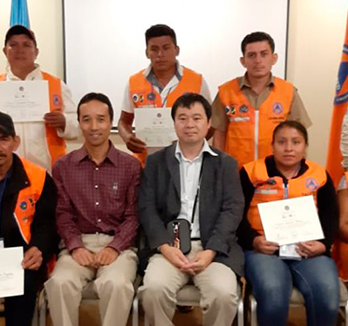
AGROAMERICA PRODUCES ORGANIC BANANAS IN PERU
AgroAmerica has one of the world’s largest organic banana plantations in Peru. Also the company expanded its operations to Ecuador and produces...
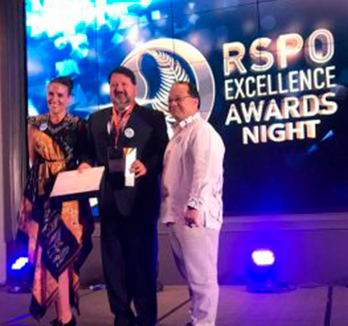
AGROAMERICA RELEASES 2017 SUSTAINABILITY REPORT
AgroAmerica has announced the most relevant aspects of its 2017 SUSTAINABILITY REPORT, which encompasses sustainable initiatives and practices...
Certifications:


